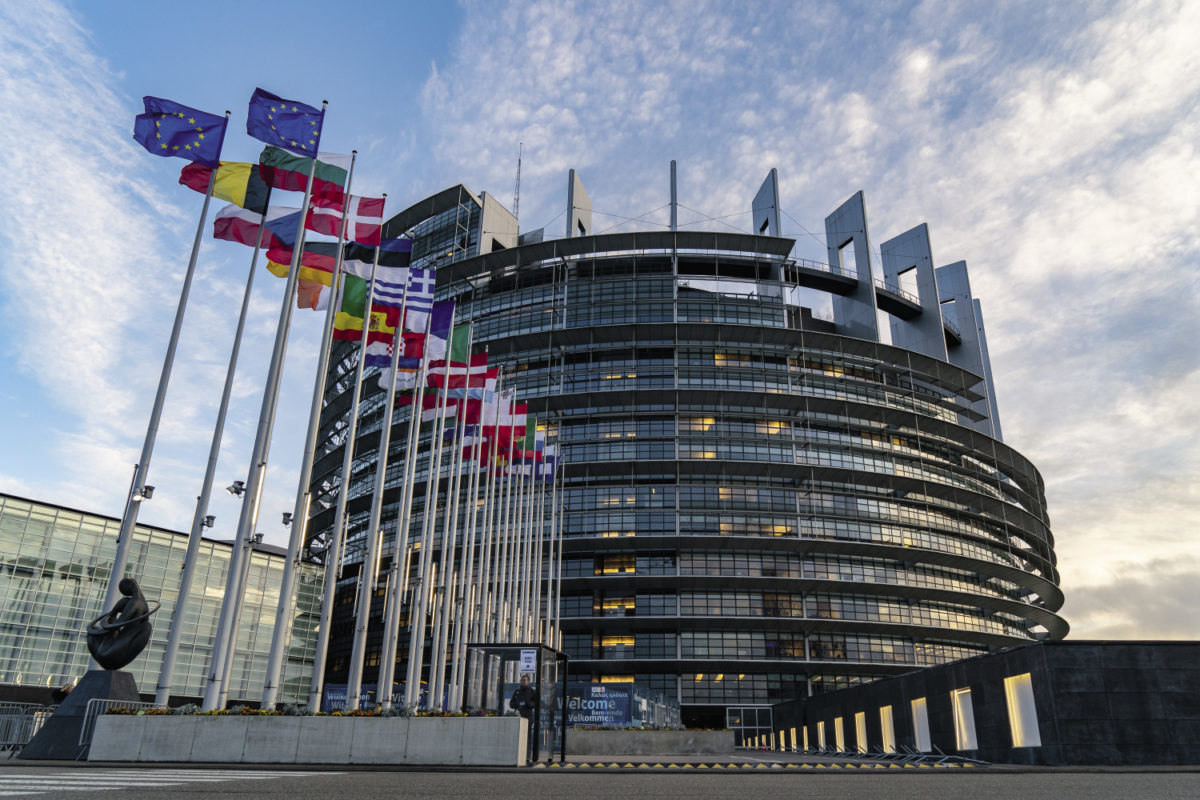The slump in energy demand during Covid-19 lockdowns which has seen laggard EU member states unexpectedly hit their 2020 climate change energy targets could endanger the planned escalation of ambition for the rest of the decade, according to a European research body.
The Auctions for Renewable Energy Support II (Aures II) project, which aims to optimize the energy auction procurement process in the EU, said dramatically reduced energy demand at present has seen the proportion of electricity generated by renewables rise in member states. Subsidized clean energy facilities are less exposed to plunging wholesale electric prices than fossil fuel competitors. With coronavirus prevention measures stifling energy demand, European nations which expected to fall short of the required percentage of renewable power in their electricity mix have unexpectedly hit their EU 2020 targets.
However, a policy document issued today by Aures II warns the situation could dissuade heel-dragging nations from pressing ahead with climate change reforms despite an EU requirement the renewable energy ratios achieved this year not fall back at any point up to 2030.
Project deadlines
Aures II – which is funded under the Horizon 2020, six-year, near-€80 billion EU research and innovation program – aims to build upon the work of the Aures scheme, which advised member states on how to conduct renewable energy auctions.
The Impact of Covid-19 on Renewable Energy Auctions policy note advises member states to extend clean energy project delivery deadlines, ramp up the digitalization of procurement auctions and revise auction timetables without reducing the volumes of clean energy capacity aimed for.
The policy note recommends blanket project delivery extensions, rather than case-by-case approaches requiring project developers to justify the delay needed, as a universal approach may reassure investors. The Aures II document notes, however, project deadlines should not be extended excessively as that could persuade developers to hold off in the hope of ever cheaper components. The report’s authors said Greece had joined member states including France and Germany in delaying project deadlines, with Athens granting a blanket extra six months for projects due to be connected by June 30 and four months for facilities due between July 1 and the end of the year.
The Greek administration also won favorable mention for forging ahead with a recent auction which secured a record low national solar power price of €0.04911/kWh for a 200 MW project. The Aures II document observed France had delayed planned solar procurement auctions by an average two months and split the capacity volume expected so that a third of the original figure would be tendered in July with the balance now due in November. Ireland has delayed auctions by 28 days and a Portuguese exercise has been ‘paused’. The report added, the cancellation of the first planned renewables auction in Slovakia has left the exercise in doubt because a new government took office in March.
Maintain volume
Whilst delays to renewables auction timelines could help the industry – provided they are not excessive enough to interrupt supply and project development chains – governments should resist any urge to reduce the volume of clean energy generation capacity they are intended to procure, according to the report’s authors. Such reductions would drive consolidation in the industry, reducing the competitiveness of auctions and leading to higher clean energy prices beyond the short-term period during which demand is expected to be reduced.
The document repeats the widely heard call for the economic stimulus packages being drawn up by member states to restart post-Covid economies to include sustainability criteria and clean energy and climate change incentives. The policy note adds, linking air pollution to an increased risk of Covid-19 mortality could further crank up the pressure on coal-fired power generation.
The Aures II consortium, which includes universities and other research institutes alongside private companies, said interviews its members have conducted with banks have already revealed heightened risk awareness among lenders, exacerbated by the bill governments are racking up to help businesses through Covid-19 shutdowns.
Restricted clean energy finance and the threat posed to unsubsidized renewables projects by rock-bottom energy prices only serve to emphasize the vital role public subsidy continues to play in the energy transition, according to the Aures II document. The report’s authors also mentioned a fear nations which have applied retroactive reductions to agreed clean energy subsidies in the past may revert to type during the current pandemic.
Covid-19
This content is protected by copyright and may not be reused. If you want to cooperate with us and would like to reuse some of our content, please contact: editors@pv-magazine.com.




By submitting this form you agree to pv magazine using your data for the purposes of publishing your comment.
Your personal data will only be disclosed or otherwise transmitted to third parties for the purposes of spam filtering or if this is necessary for technical maintenance of the website. Any other transfer to third parties will not take place unless this is justified on the basis of applicable data protection regulations or if pv magazine is legally obliged to do so.
You may revoke this consent at any time with effect for the future, in which case your personal data will be deleted immediately. Otherwise, your data will be deleted if pv magazine has processed your request or the purpose of data storage is fulfilled.
Further information on data privacy can be found in our Data Protection Policy.